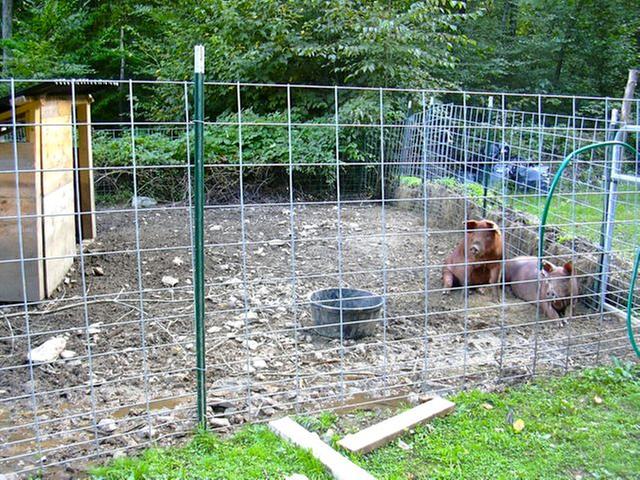I think it would be important to speak of Patricks view on permaculture and his legacy to the movement. Patrick passed away in february this year, and until the end he managed to revise and publish a book
how to read the landscape,teach courses, and follow the work on his farm.
I think he has meant a lot to the movement and not only in the UK. Maybe many of us don't know that one of the first books on forest gardening in cool/cold temperate climates, put in a scientific way of design, was his. He tried to organize what up to that moment had been a practice become famous after Robert Hart's classic work, but that up till then was still based on trials and errors. Not that after the book this ended, in permaculture nothing is ever fixed for ever, everything evolves with trials and errors, and evolves on the fact that the same practice may work in one spot and ten metres away no for some microclimatic factor, or other element. But he gave a big help on this specific designing point.
I've always liked his definition of permaculture, I think it's in the first pages of the earth care manual, he says Permaculture has been, and is practiced all over the world from thousands of years by people that dont' actually call it permaculture, the word was defined by two australians Mollison and Holmgren in the seventies...
This is one point I've always liked of his view, he doesn't pretend Mollison and Holmgren haven't achieved so much by defining the concept, and putting it all together, but he gives the perspective in a historical view that what actually permaculture has done is to recognize that there are people and cultures that have performed a sustainable, or at least tending to sustainable, living on this planet.
I could think of the book, farmers for fourty centuries, and surely there are more, that give us account of this.
What I like is his very calm way of fitting all in the right position in time and space. Many friends and fellow permaculturers have a sort of dogmatic view that Mollison created the permaculture world as we know it and thats that, keep it or you are a heretic.
Another great aspect of his life and work, difficult to divide them after so many years in the fields, is how steady he was on the importance of observation. The only way to understand natures way is to get out in the fields, in the woods and watch, listen, smell, touch. He did it in a very serious way, and his last book is a proof of this. We speak a lot of observing, reading the landscape, etc., but how much do we actually do it, or not just read something up and think it's all in the books.
I've observed my property for more than a year now, I've actually not done anything of significant on it for now, and I've learn't so much. Every time I get to spring, or summer, it's a new spring, or a new summer, where I see different plants, different animals, even though its always the same piece of land. patrick was very practical and out you had to go to dirty your hands.
Probably the best way to remember him is by going out and getting muddy.
He'll be a great inspirational presence in my library, but most of all in my toolshed.
Nothing, I just wanted to refresh this thread, after his passing we haven't really spoken of him on permies, but I think a big name has found its place in the history of the permaculture movement.







